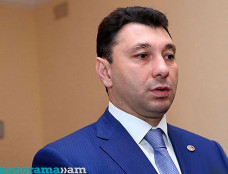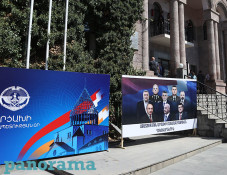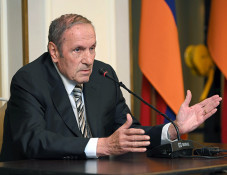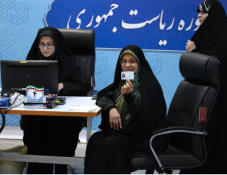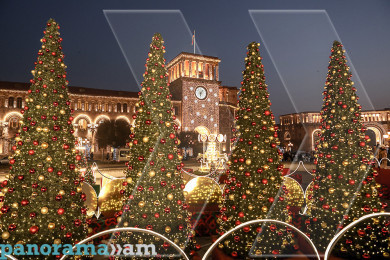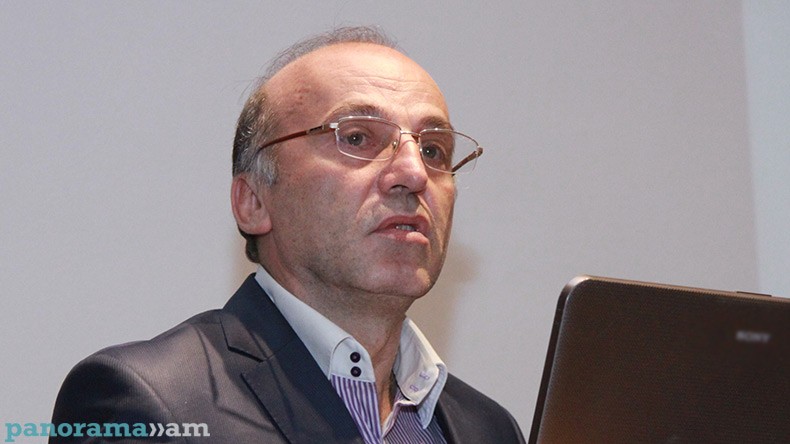
Tatul Manaseryan: Economists would better talk about petrol prices
Speculations about retail petrol prices in Armenia continue, and Panorama.am talked with Professor Tatul Manaseryan over the topic.
- Is the trend of oil price changes in Armenia comparable with the international dynamics?
- In comparing the dynamics of petrol and oil prices decline, I’m in favour of considering them from the point of view of proportionality and continuity, as certain gaps occur. Economic entities have different explanations, yet if we follow the development since the ‘90s the connection through the years has been conditioned by the existence of monopoly and semi-monopoly. The oligopolistic market in time has been diversified in terms of both economic entities and import sources. The price gap occurred either because of agreements acquired by the economic entities or the difference in market prices. Now, in general, there is a noticeable adequate comparability, however gaps still occur.
- Are we still at the gap-stage or is it just that people’s expectations about oil price assessments are not met?
- Petrol and oil products in general mostly have political components rather than economic. Disagreements on oil usually grow into political conflicts, which is quite natural. Meanwhile, the fact that it is mostly politicians who speculate this issue and at the same time, let me say, don’t provide real facts or numbers, causes resentment. This sharpens the tension in the public that already has heated social problems. It would be advisable that fellow economists talked about petrol price issue.
- What is your expert assessment to the much-cited fact that petrol prices are lower in Georgia than in Armenia?
- I have done studies receiving data, which contradicts to my previous convictions. The factor analysis shows that the petrol price in Georgia is formed out of a number of components, which ensures higher profit than in Armenia. Georgia currently imports petroleum products from Turkmenistan, Azerbaijan and now - from Iran. Today Georgia uses the best out of this circumstance to demonstrate to Azerbaijan and Turkmenistan that it may get petroleum cheaper from Iran. The other issue is related to the transportation costs, which are incommensurate for the cases of Armenia and Georgia. The third factor is the tax policy, as the rates for VAT and excise duties levied in Armenia have been gradually increased since 90s to ensure the budget incomes. The tax administration should not be overlooked as well.
With this regard, I attach a special importance to the transfer fee for the goods exported to Armenia via the Georgian railway. The aforementioned fee is quite lower for Azerbaijan. Not the entities rather the government of Armenia should raise the matter on behalf of Ministries of Transportation, Economy and Foreign Affairs. The exact of those high fees contradicts to the bilateral economic relations and international documents, particularly, WTO principles. As a result, we have 6-8% fluctuations for the prices of the same goods in Armenian and Georgia while the transportation cost neutralizes even that gap.
Taking into account the rapprochement in the Russian-Georgian relations, one should not exclude the possibility of holding trilateral negotiations Russia-Georgia- Armenia.
- Are expectations among the Armenians to get cheaper energy carriers justified in the light of the lifting of international sanction against Iran?
- Iran is taking up its first steps following the lifting of the sanctions, yet this should not be viewed as a change to be implemented in a day. Iran has closed economy and in terms of system it will need time to develop a more liberal competitive market. So-called interruptions were recorded in economic and petrol trade relations with Iran. That is to say that over the time in terms of predictability the trade relations with Iranian counterparts reflected on the consumers’ expectations and the product prices. Yet continuity and sustainability in economic relations are the two key factors that promote economic security. Let us be realistic and take into a note that the liberalization of the Iranian economy and the eventual facilitation of trade relations with Iranian businessman is a long process, which may take a time to achieve.
Newsfeed
Videos








